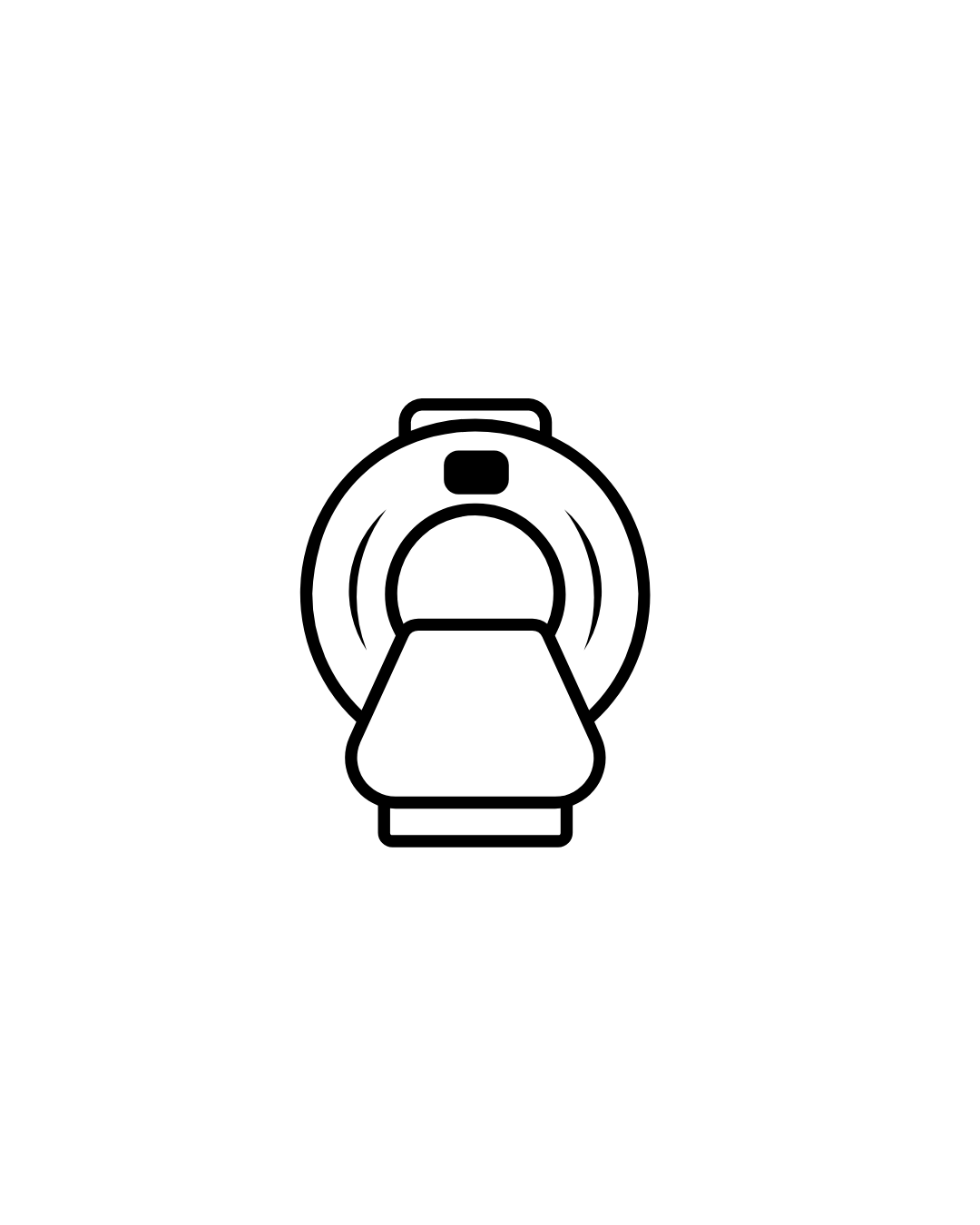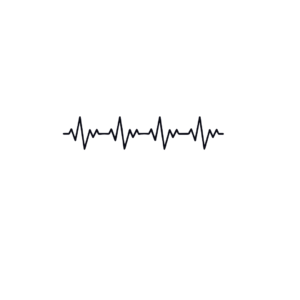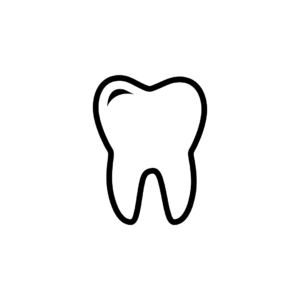Description
Overview of Diploma in Radiology & Imaging Technology (RIT)
The Diploma in Radiology & Imaging Technology program trains individuals in the principles and practices of radiographic imaging. This program covers various imaging modalities, including X-ray, ultrasound, CT scans, and MRI, and emphasizes both theoretical knowledge and practical skills. Graduates play a crucial role in diagnosing medical conditions through imaging techniques in hospitals, clinics, and diagnostic imaging centers.
Core Areas of Study in the RIT Program
Introduction to Radiology
Overview of the field of radiology, including the role of radiologic technologists and the importance of imaging in healthcare.
Human Anatomy and Physiology
Detailed study of human body systems, focusing on anatomy relevant to imaging techniques and radiographic positioning.
Radiographic Techniques and Procedures
Training in the use of radiographic equipment, exposure techniques, and positioning for various imaging studies.
Radiation Physics and Dosimetry
Understanding the principles of radiation production, its interaction with matter, and safety measures for protecting patients and staff.
Imaging Modalities
In-depth exploration of different imaging technologies, including:
X-ray
Computed Tomography (CT)
Magnetic Resonance Imaging (MRI)
Ultrasound
Digital Imaging and Communication in Medicine (DICOM)
Patient Care and Safety
Focus on patient management, comfort, and safety protocols during imaging procedures, including infection control practices.
Image Evaluation and Quality Assurance
Skills for assessing image quality, identifying artifacts, and understanding quality control measures in imaging departments.
Clinical Practice
Practical training in clinical settings, allowing students to perform imaging procedures under the supervision of experienced professionals.
Ethics and Professionalism in Radiology
Exploration of ethical issues, patient rights, and professional standards in the field of radiology.
Curriculum Structure
A typical Diploma in Radiology & Imaging Technology program may include:
Core Courses: Essential subjects covering anatomy, radiographic techniques, imaging modalities, and radiation safety.
Laboratory Practice: Hands-on training in operating radiographic equipment and performing imaging techniques.
Clinical Rotations: Opportunities for real-world experience in hospitals or clinics, applying knowledge and skills in patient care and imaging.
Elective Courses (if applicable): Options may include specialized areas such as mammography, fluoroscopy, or interventional radiology.
Capstone Project or Internship (if required): A project or clinical experience showcasing the students’ knowledge and skills in RIT.
Admission Requirements
Admission to a Diploma in Radiology & Imaging Technology program typically requires:
A high school diploma or equivalent, with a strong foundation in science subjects, particularly biology and physics.
A minimum GPA as specified by the institution, generally around 2.5 or higher on a 4.0 scale.
Some programs may require standardized test scores (e.g., SAT or ACT) and letters of recommendation.
Skills Developed in the RIT Program
Graduates of the Diploma in Radiology & Imaging Technology program will develop essential skills, including:
Technical Proficiency: Ability to operate various imaging equipment and perform diagnostic imaging procedures safely and effectively.
Analytical Skills: Competence in interpreting images and understanding the clinical implications of the findings.
Patient Communication: Skills for effectively interacting with patients and explaining procedures to ensure comfort and understanding.
Attention to Detail: Precision in following protocols and ensuring high-quality imaging standards.
Teamwork and Collaboration: Ability to work collaboratively with healthcare professionals, including radiologists, nurses, and other technologists.
Career Opportunities
Graduates with a Diploma in Radiology & Imaging Technology can pursue various career paths, including:
Radiologic Technologist
Performing diagnostic imaging examinations such as X-rays, CT scans, and MRIs under the supervision of radiologists.
Ultrasound Technician (Sonographer)
Specializing in sonography, providing imaging services for various medical conditions.
CT Technologist
Focusing on computed tomography procedures and ensuring quality imaging.
MRI Technologist
Specializing in magnetic resonance imaging, preparing patients for MRI scans.
Radiology Assistant
Supporting radiologists in various capacities, including patient management and administrative tasks.
Medical Equipment Sales Representative
Working with companies that sell radiology equipment, providing knowledge and expertise to healthcare providers.
Conclusion
The Diploma in Radiology & Imaging Technology program provides comprehensive training for individuals looking to enter the field of diagnostic imaging. By equipping students with the necessary knowledge and hands-on skills, this program prepares graduates for successful careers in a vital area of healthcare. If you have any further questions about the Diploma in Radiology & Imaging Technology program or related topics, feel free to ask!









